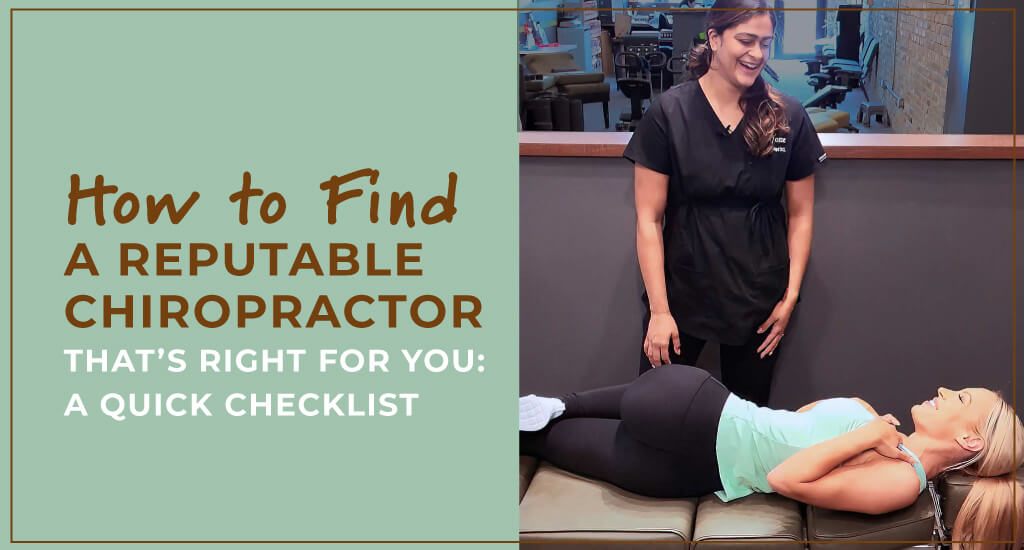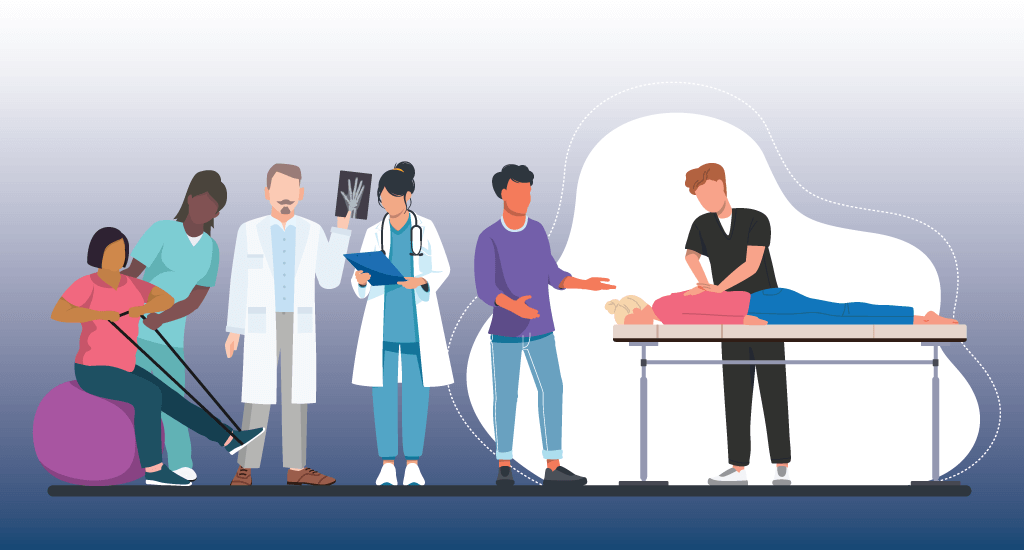Living with Jaw Pain or TMJ?
Take the first step toward relief.
Overview
As many as one-third of adults in the US report having symptoms of temporomandibular disorders (TMD), which cause jaw pain. Ranging from mild to severe, jaw pain can significantly impair your quality of life. Find relief from jaw pain with chiropractic care from Chiro One.
Dr. Robert Butt | Chiro One of Evergreen Park, IL
Common Symptoms of Jaw Pain & TMJ
The most common symptoms of jaw pain are:
- Pain when you try to open your mouth (also called trismus)
- Pain or tenderness in or around your jaw
- Pain in one or both temporomandibular joints- the joints located just in front of your ears which connect your lower jaw to your skull and enable your lower jaw to move up and down and side-to-side
- Aching pain in and around your ear
- Difficulty chewing or pain while chewing
- Aching facial pain
- Locking of the joint, making it difficult to open or close your mouth
Note: Pain that spreads from your chest or shoulders to your jaw may be a symptom of a heart attack. Heart attacks are medical emergencies. Call 911 if you have this symptom.
Did you know? Research from the National Institutes of Health has shown that chiropractic care is an effective treatment option for TMD. ncbi.nlm.nih.gov
Is Your Jaw Pain Chronic Pain?
Doctors categorize pain in these three ways:
- Acute jaw pain: this is pain which comes on suddenly and usually lasts a few days to a few weeks
- Subacute jaw pain: this type of jaw pain can appear suddenly or over time, and typically lasts 4 to 12 weeks (about 3 months)
- Chronic jaw pain may come on quickly or slowly, lasts longer than 12-weeks, and occurs daily – to the point of disrupting your life
Chiropractic care is effective for treating pain at all stages – acute, subacute, and even chronic pain.
Common Causes
Common Causes of Jaw Pain
The temporomandibular joints – the joints of your jaw – combine a hinge action with sliding movements. Inside the joints, the bones are covered with cartilage and separated by a small shock-absorbing disk, which normally keeps the movement smooth and pain-free.
Painful disorders of the jaw can occur if:
- The disk inside the joint erodes or is out of alignment
- Arthritis causes damage to the cartilage
- You sustain an injury to the joint or jaw area
Jaw pain can also be caused by factors related to the head and neck area:
- Infection within the head and neck area, specifically a sinus or ear infection
- Temporomandibular joint (TMJ) dysfunction
- Neck tension
- Strain in your neck from overexertion in physical activity or from poor posture
Risk Factors
Common Risk Factors for Jaw Pain
While jaw pain can happen to anyone, there are several factors that can put you at risk for experiencing jaw pain or TMD.
Arthritis, including rheumatoid arthritis and osteoarthritis
An injury to your jaw
Chronic (long-term) grinding or clenching your teeth
Connective tissue diseases that can affect the temporomandibular joint
When to Seek Treatment
When to Seek Treatment for Jaw Pain
While we believe all pain should be evaluated, jaw pain that checks these boxes could be serious, and is likely to require care. Consult a doctor if:
- Your jaw pain or tenderness is persistent
- You can’t open or close your jaw completely
- Your pain is impairing your quality of life
At Chiro One, we don’t believe anyone should have to live with pain. If jaw pain is disrupting your life, chiropractic care from Chiro One can help. Learn more about how we diagnose pain, and what to expect at your first chiropractic appointments.
Tips for Preventing Jaw Pain
- Stress can subconsciously cause us to clench our jaw, increasing pressure on the temporomandibular joints, and impacting the muscles which open and close the mouth
- Combined with the effects that stress has on our posture – namely, the muscles in the neck and shoulders – stress can be a significant cause of jaw pain
When your posture or ergonomics are poor, little habits can add up to big pain. Prevent it by keeping these tips in mind:
- When using a screen keep it at eye level – down hunch or bend over it
- Use good posture when sitting or standing
- Limit the weight you carry on your shoulder – switch arms when carrying a shoulder bag, or switch to a backpack
“Amazing staff... I had really bad jaw dislocation issues...they listened to my needs and took all my pain away. Honestly could not thank them enough!”
– Henry P.
Find Relief with Help from Chiro One
Chiro One’s gentle chiropractic care delivers strong patient outcomes with exceptional levels of patient satisfaction. Here’s how Chiro One’s non-surgical, drug-free approach effectively treats the leading causes of jaw pain:
Thorough Upfront Evaluations
To assess your physical health, understand your daily routine and goals
Gentle Chiropractic Adjustments
To relieve pain and improve joint mobility and function
In-Clinic Therapies
To help you build strength, improve your range of motion, flexibility and balance, anddevelop muscle memory for longer lasting results
New Patient Offer
Exclusions ApplyChiropractic Evaluation
- Diagnostic Exam
- Consultation
- Personalized Care Plan Recommendation

